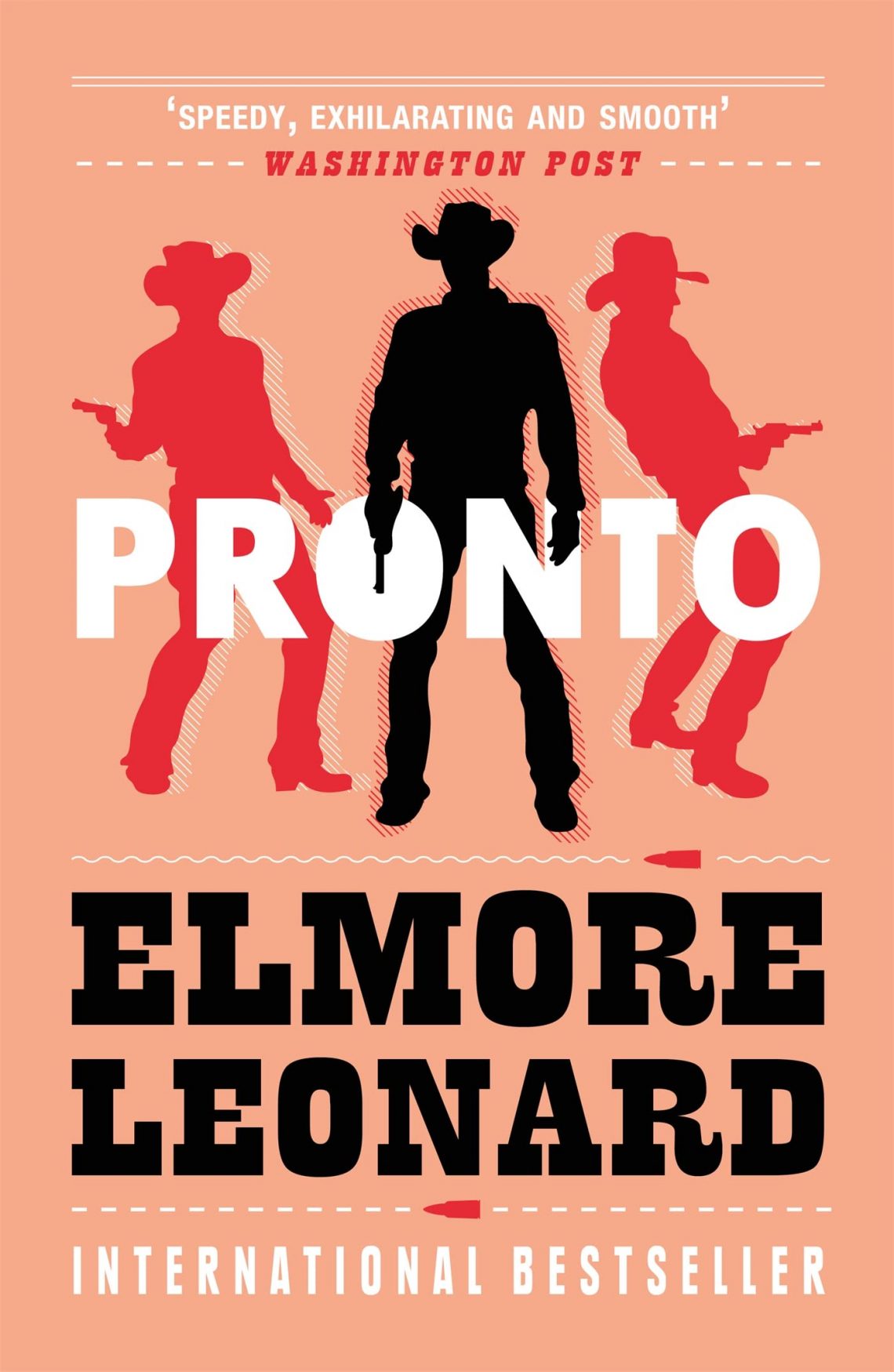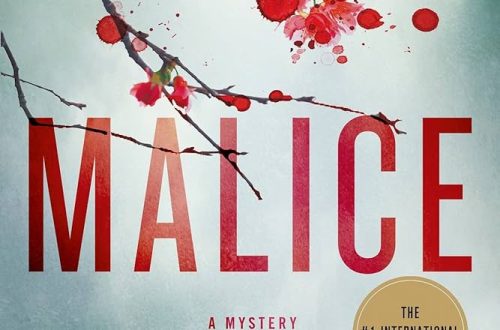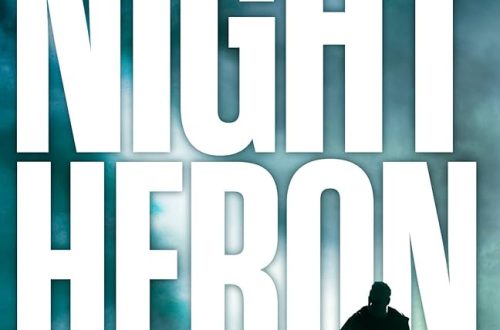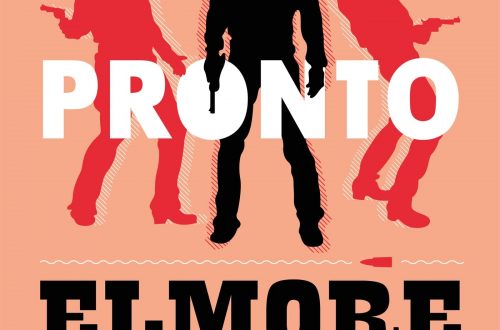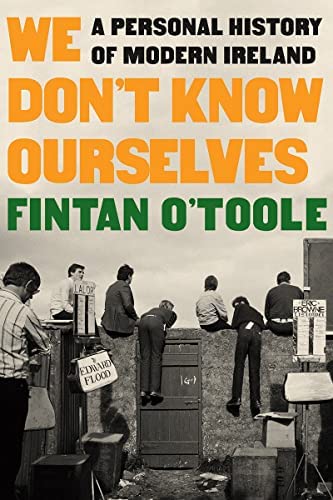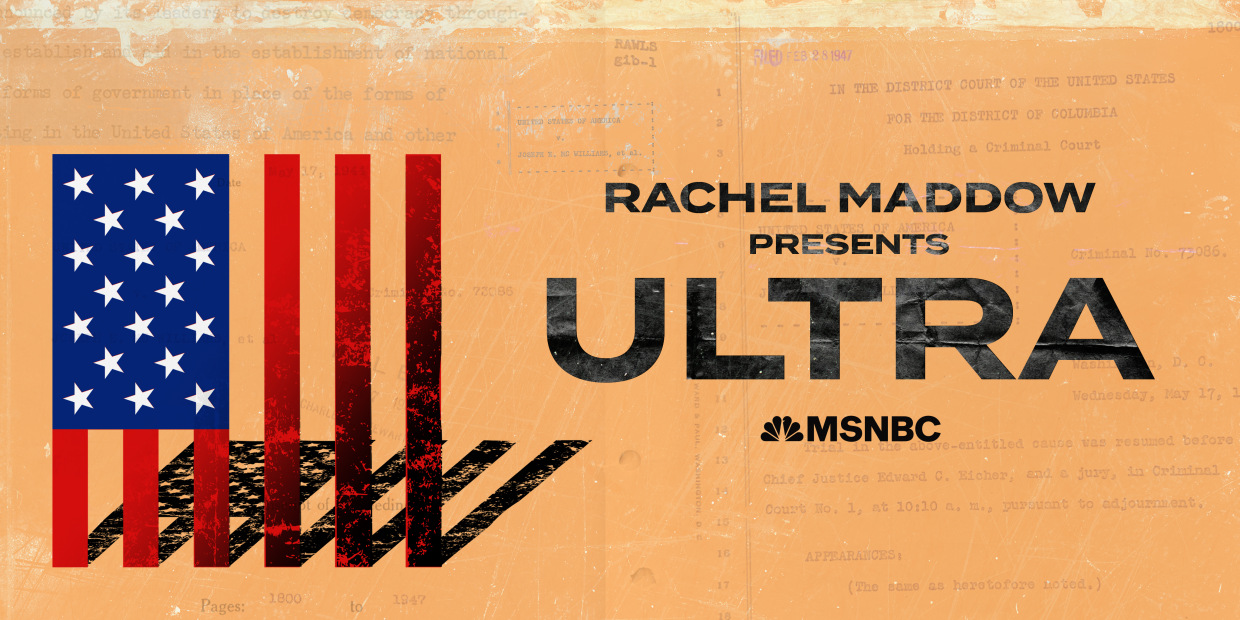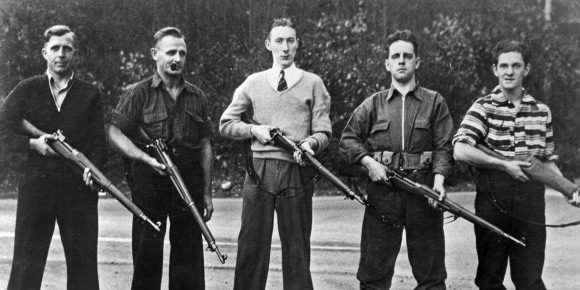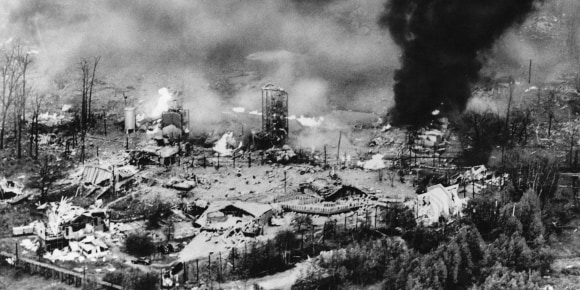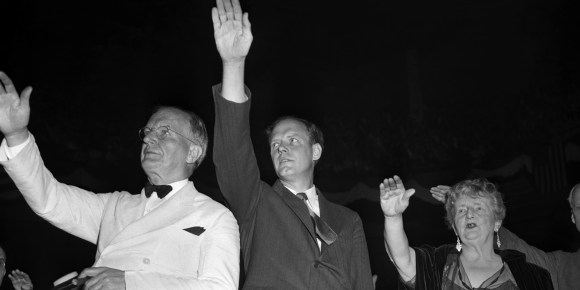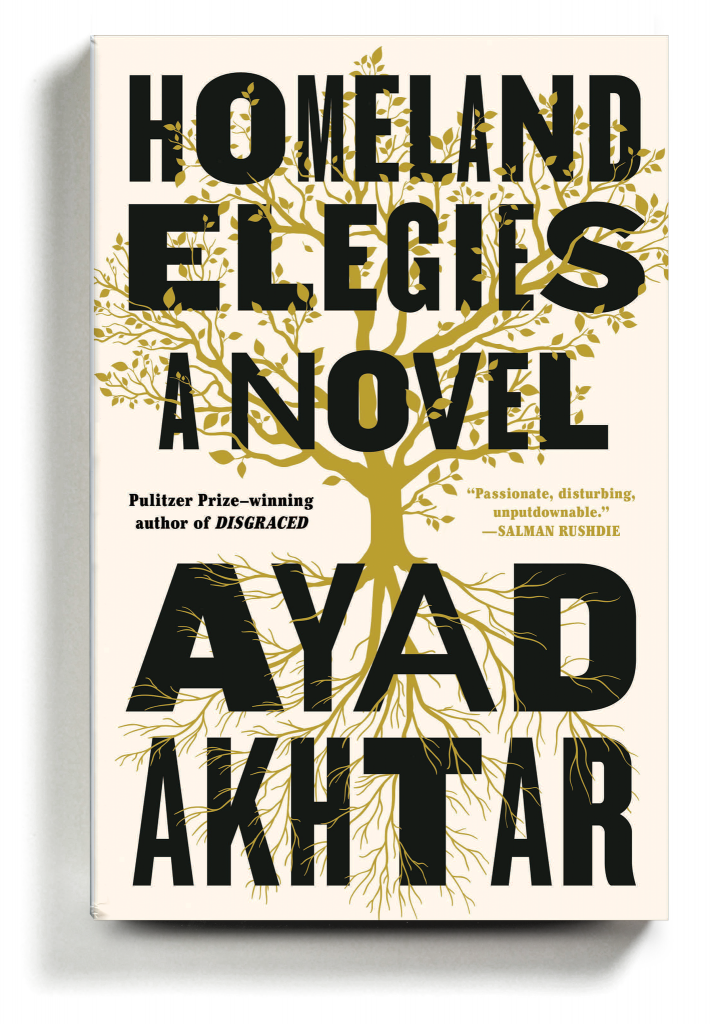Harry Arno is a Miami bookie nearing retirement after a happily long illegal career as a bookie until he is framed by the Justice Department which hopes to use Harry as bait to catch mob boss Jimmy “Cap” Capotorto. After Harry is arrested he is released on bail under the responsibility of U.S. Marshal Raylan Givens. Harry uses money that he has skimmed while running books for Jimmy Cap to jump bail and escape to Rapallo, Italy. Harry is soon joined by his long-time girlfriend, Joyce Patton. A chase ensues.
U.S. Deputy Marshal Givens, a slow-talking midwesterner, always wearing a cowboy hat and carrying a badge, is determined to track down his escaped parolee. The corpulent Jimmy Cap dispatches Tommy “The Zip” Bucks from Miami back to Italy to hunt for Harry. Jimmy Cap wants his skimmed money back. The Zip reunites with his Italian gangster buddies but is hampered by a sidekick, the slow-witted, muscle-y Nicky Testy, also sent to Italy by Jimmy Cap. Joyce, now in her early 40s, used to be a topless dancer who always wore her eyeglasses while dancing.
The pursuit feels more madcap than dangerous as both good guys and bad guys try to locate Harry, who through it all seems unconcerned, but bored hanging out at trattorias. Humor lies just below the surface making plot secondary to rich characterization. Penned in 1993 Pronto is much less dated than expected.
